Budget 2015: You think you'll be paying less tax? Think again....
The biggest threat is that this economic cycle turns down before the end of the Parliament. It is odds-on that it will

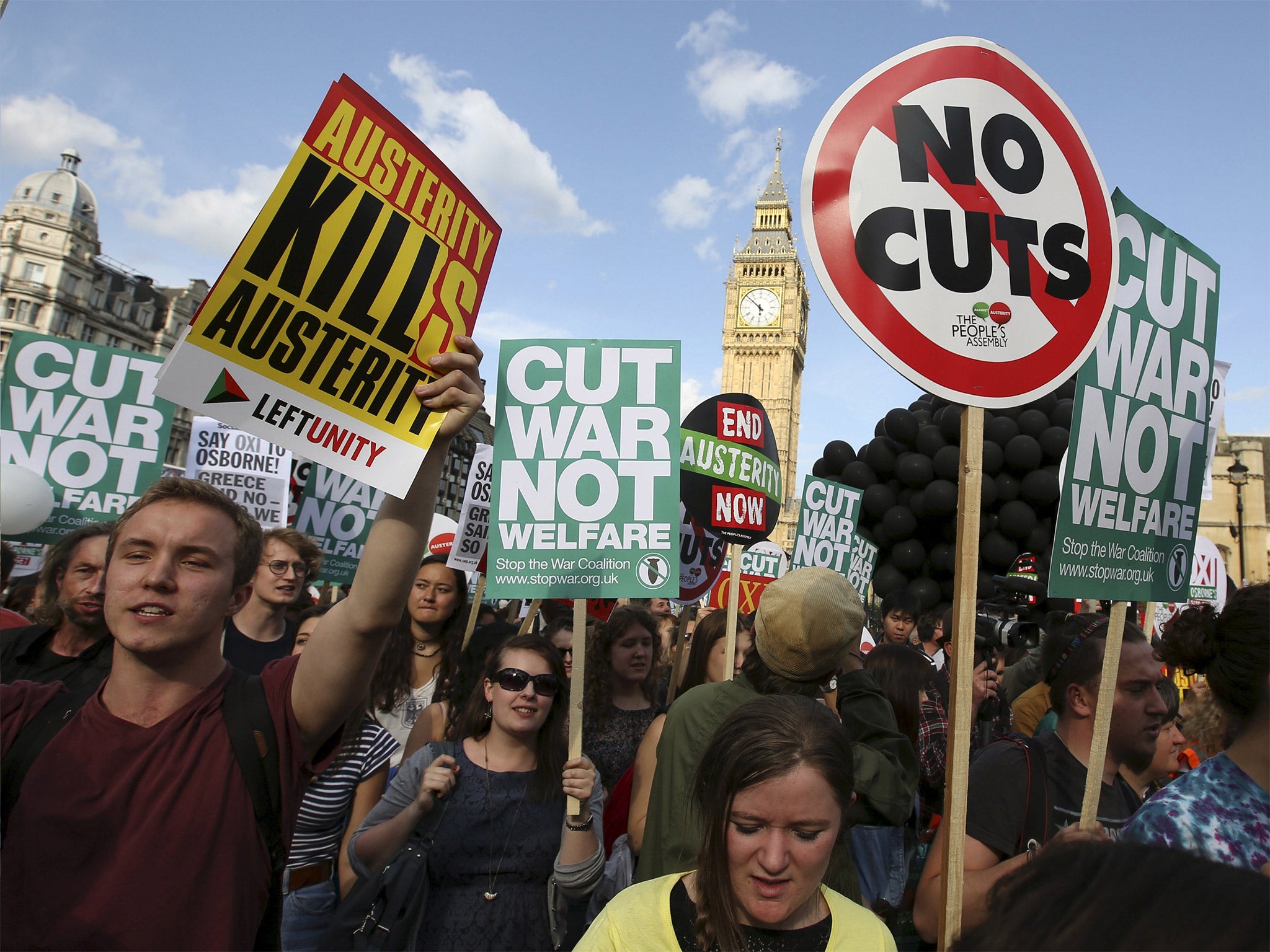
Budgets are frequently not quite what they seem. Try this: listening to Mr Osborne talking about tax breaks for millions of people, would you assume that the tax take in this Parliament is going to go up or go down?
The answer is up, but you have to get to page 89 of the Office for Budget Responsibility’s report to see it. Total government receipts are projected to rise from 35.7 per cent of GDP in the current tax year to 36.8 per cent in 2020-21. Income tax and national insurance – notwithstanding all that stuff about higher thresholds – goes up from 15.1 per cent of GDP to 16.6 per cent. There is nothing wrong with this, for there is still a huge deficit to cover and some other taxes such as corporation tax and fuel duties are going to chip in less. But this is not a tax-cutting government.
The big economic numbers have not changed much in the four months since the March Budget. The outlook sketched by the OBR remains one of decent growth somewhere around what it thinks is the sustainable trend we can achieve, of a little below 2.5 per cent a year. There is a debate about how close we are to full capacity – important because once we start hitting capacity constraints that will show through in rising inflation and will need to be met with higher interest rates. The OBR thinks there is still a bit of gap, but not much. As we get closer to full employment, there will be more pressure to boost productivity, and the OBR expects that to happen.
This is not a bad prospect for the new Government. The sun, to borrow George Osborne’s expression, is likely to go on shining for a few years yet, giving the Government time to fix the ceiling. As for the fixing, three things are worth saying.
The first is that the Government’s luck has turned – or perhaps you could say our luck has turned – in that tax revenues are at last coming in strongly. In the early years of the Coalition they kept falling short of projections, whereas now they are coming in above them. That is the main reason the deficit this year is likely to be £6bn lower than it looked to be four months ago. One of the characteristics of the UK economy is that once a growth phase gets going, it thumps out a lot of revenue for the Government. If that continues for another two years, then the maths will look even better.
The second is that the spending profile outlined here is much more sensible than the one projected in March. You may remember that Mr Osborne, in pre-election mode, came up with a scheme whereby public spending would be rising a year sooner than expected. But that relied on imposing non-credible cuts in the earlier years, cuts that were quickly shown to be almost impossible to achieve. What we have now is a continuing squeeze on non-protected departments, but one that appears more achievable, coupled with slightly greater cutbacks in the welfare budget.
Then there’s the balance of spending between government services and welfare: two quite different types of government spending. Both are financed from the same taxation pot, but one part (roughly two-thirds) goes on services including the NHS, education, defence and so on. The Government takes the money and gives it back to us in the form of a service. The other, somewhat smaller part, it takes but gives us straight back in the form of a pension, unemployment benefit, housing support and so on. The Chancellor took a lot of time in the Budget speech to explain the cuts to welfare, and they will be a big focus for debate in the weeks ahead, but in the overall pattern of public spending the shift is not so massive. The tax revenues are still going up; the balance of spending those taxes is shifting slightly.
If all goes more or less to plan, the country should indeed have the national debt down to around 60 per cent of GDP by 2020. That is still well above the pre-crisis level and also above the “sustainable investment rule” promulgated by Gordon Brown. But it will be acceptable by international standards and probably lower than that of most developed countries.
However, the experience of our two previous governments is a warning that things don’t always turn out to plan. The issue is whether these plans are robust enough to cope with the probable threats that the world economy faces. Of these, the biggest, or at least the most obvious, is that this economic cycle turns down before the end of the Parliament.
I suggest that it is odds-on that it will. The present world expansion started around 2009 in most countries and the normal duration of the growth phase is rather less than 10 years. True, the recession was exceptionally deep so this growth may run a bit longer than past experience, but by the end of this Parliament it will be unusually mature. If government finances will be pretty much fixed, personal finances won’t. The OBR projects that the debts of British households relative to income will actually be higher than in 2007. We have been repaying our debts in the past few years; now they look like going up again.
There are other concerns. If the figures are right, last year the UK ran the largest current account deficit, nearly 6 per cent of GDP, that it has done since the 1830s. Even if the figures are wrong, and I can’t quite believe them, that is pushing it. The external environment carries dangers, with what is happening in China almost certainly more important than what is not happening in Greece. We are at the beginning of the interest rate cycle, starting with exceptionally low interest rates – lower than at any stage since the days of Babylon.
Faced with all of this, the programme outlined by the Chancellor was about as robust as it could be, under the circumstances. But beware his triumphalism, for all is not quite what it seems.

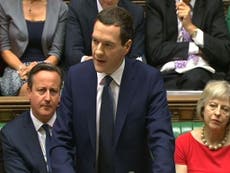
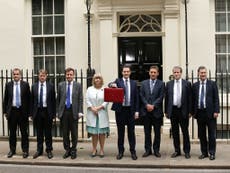
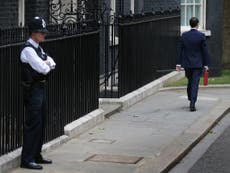
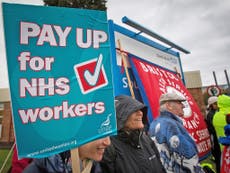
Join our commenting forum
Join thought-provoking conversations, follow other Independent readers and see their replies